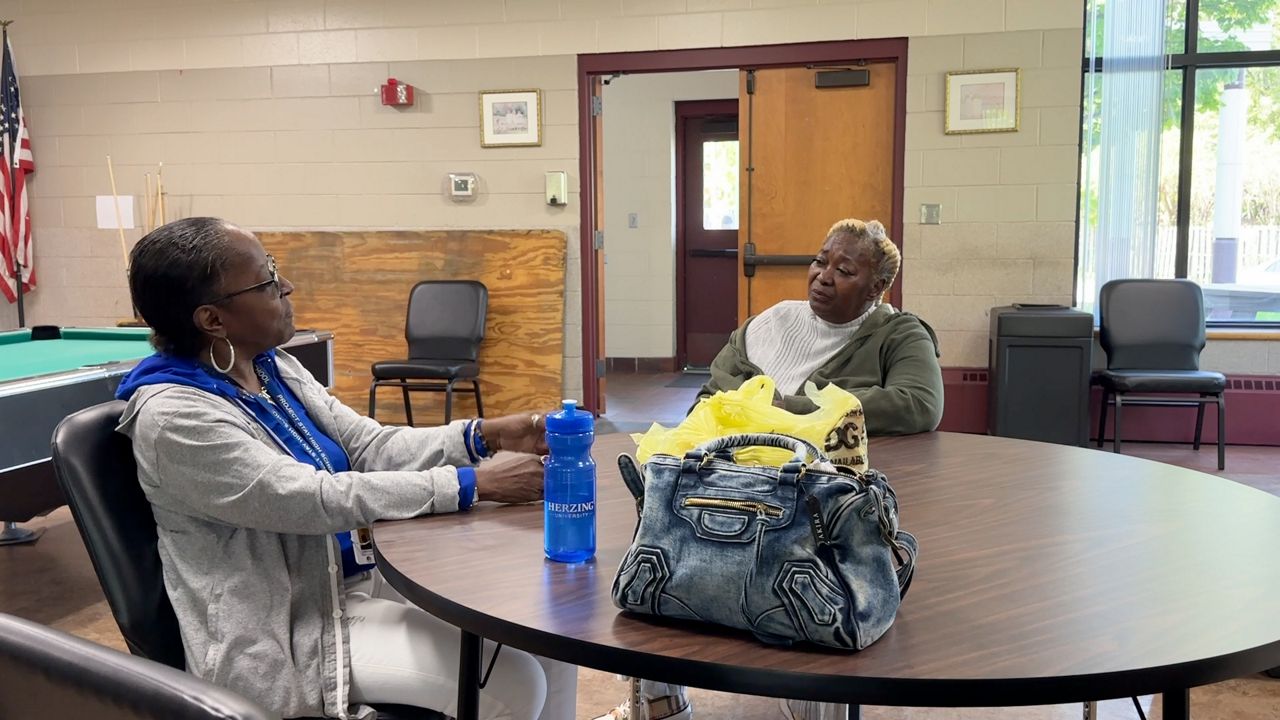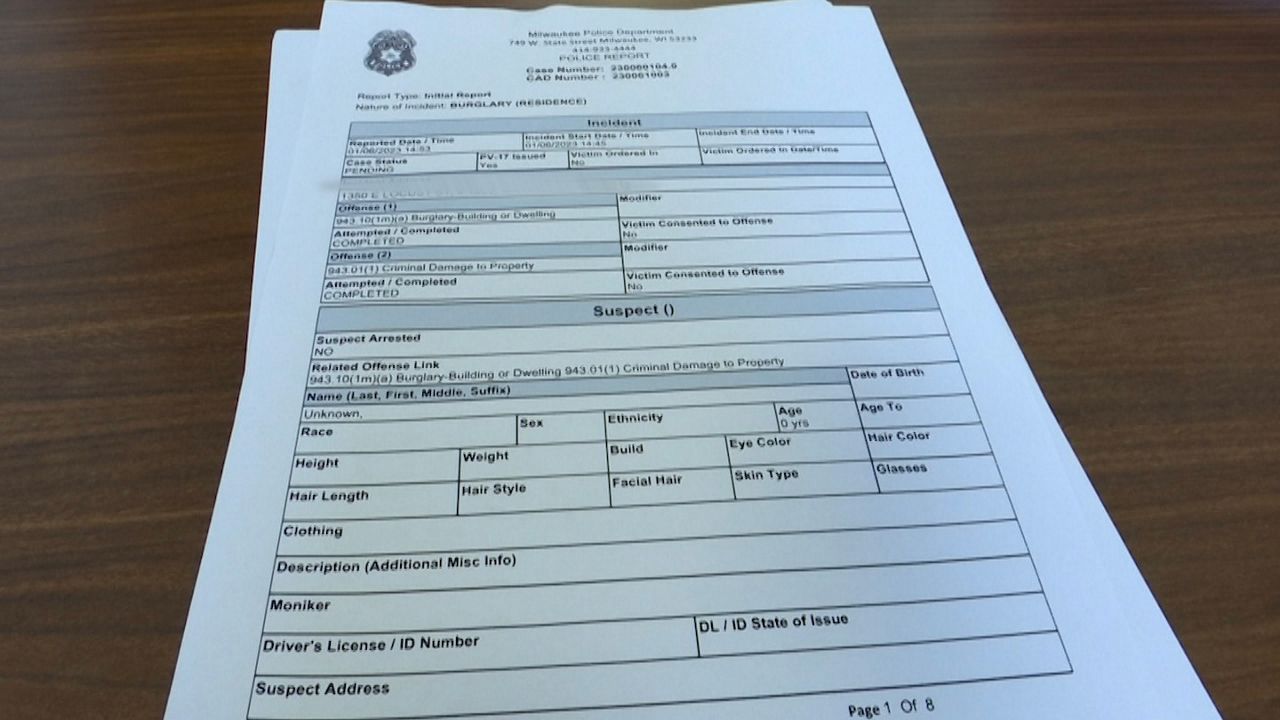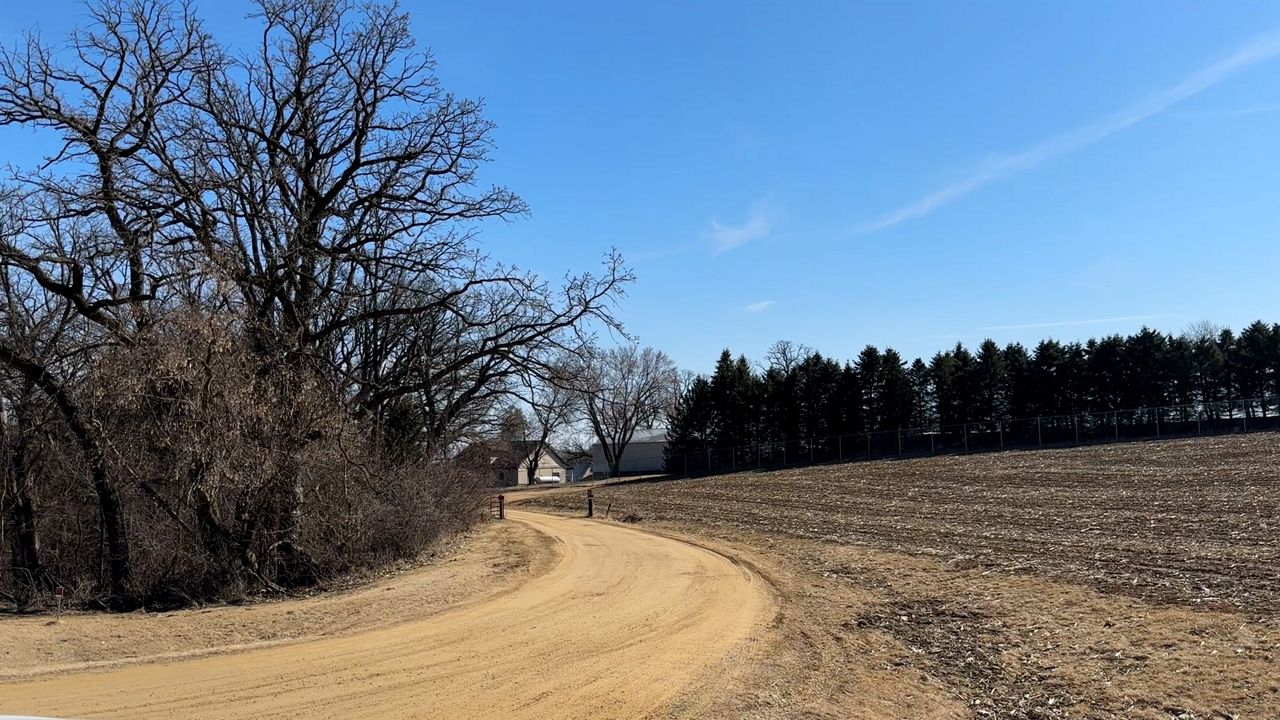MILWAUKEE — Frustration continues for people who live in public housing buildings managed by the Housing Authority of the City of Milwaukee (HACM).
Residents at multiple buildings told Spectrum News that crime has not gotten better, and they don’t feel safe in their own homes.
Open records requests filed with the Milwaukee Police Department for College Court and Locust Court revealed more than 800 calls between the two locations from January 1, 2023 through March 1, 2024.
“We have people sleeping in the hallway, we have prostitutes, we had a murder,” Linda Kilmer said, who has lived at Locust Court for a year and a half. “It’s sad that the government would allow this stuff to go on.”
Police records show a homicide happened at Locust Court last September.
“You have people who live here who are elderly and mentally ill and it’s sad,” Gilmer said. “I have to live here. I feel stuck.”
Gilmer also mentioned ongoing maintenance issues that she said are still unresolved, including bed bugs and cockroaches.
“When I first moved here, I bought furniture and now it’s gone,” she said. “Bed bugs. They still have bed bugs.”
Resident leader Felicia Shoates said at least three residents are still dealing with bed bugs inside their apartments. A woman living at College Court claimed she woke up to a bed bug crawling in her ear last month.
When Spectrum News asked what the Housing Authority is doing to eradicate these problems, spokesperson Amy Hall addressed it in a statement. She said, in part, “HACM is aware of reported pest issues at Locust Court and is actively treating those cases.”
Housing Authority Secretary-Executive Director Willie Hines would not agree to an on-camera interview. He has declined Spectrum News' requests for interviews since April 2023.

“We’ve had fruit flies from garbage, we’ve had roaches and they’re still spraying for bed bugs,” Gilmer said. “They need to do something about the people who manage this building because we’ve been putting this out there for years and nothing’s being done about it.”
Maintenance issues and security concerns plague resident Vanessa Dodd too. She has lived at Locust Court for two years.
“Two miserable years living in this cesspool that didn’t have to be,” Dodd said. “I’ve seen people selling drugs, having sex acts, using the bathroom in the hallway, things they have no business doing. Trespassing.”
Dodd added that she stopped going out of her apartment at night, fearing for her safety.
“I do not go out at night. It’s very dangerous,” she said. “You see all kinds of people that you don’t see in the daytime.”
HACM said Locust Court is equipped with 21 security cameras. When Spectrum News was at the building on May 15, eight cameras in a room labeled Public Safety showed feeds that were black and said VIDEO LOSS.
Kevin Solomon, an organizer with Common Ground, saw the same thing on March 19.
HACM claimed the cameras are functional and the VIDEO LOSS message is from cameras that were replaced.
Spokesperson Hall said the cameras were replaced with newer technology beginning in February and a way for residents to view the feeds has not been set up yet, which she anticipates happening within the next month. The statement continued:
“HACM staff and third-party security personnel monitor the video feeds from their electronic devices (desktops, laptops, tablets, and phones). Public Safety staff also monitors cameras from their dispatch center located at 650 W. Reservoir Avenue.”
Residents are not convinced. On May 16, the day after Spectrum News interviews with Gilmer and Dodd, resident leader Felicia Shoates sent a video of another resident’s car broken into. Shoates said this was the sixth time this car had been ransacked in the building’s parking lot.
“This brick was used to break this tenant’s car,” Shoates said in the video. “Then, they ransacked her car, again. This has happened for the sixth time. This is ridiculous.”
Hall said according to Milwaukee Police, the break-in happened just before 7 a.m. She said HACM’s third-party security was not on site at the time. She said security is scheduled to work outside the hours of 10 a.m. to 4:45 p.m. when property management is not on site.

HACM would not disclose what specific hours security is supposed to work, nor would they disclose how many security guards are presents at a given time at Locust Court. They denied providing that information for College Court as well. The statement went on to say:
“This is done to protect the integrity of security operations so we can provide safe living environments for residents. We have engaged third-party security service providers to maintain a security presence at the Locust development seven days a week. We’ve directed them to increase patrols of the parking lot.”
Residents continue to say they do not feel safe.
“No security. They come when they want and leave when they want,” Gilmer said. “They’re probably here for about thirty minutes to an hour and then they’re gone and we’re unsafe again.”
“The security guard signs people in. He doesn’t go up and down floors, or hallways,” Dodd said. “He signs them in and signs them out.”
It raised questions about HACM’s internal public safety department as well. HACM said the public safety team currently has 15 full-time employees. When fully staffed, the team consists of 18 people.
HACM said the public safety team is responsible for overseeing more than 5,000 households.
Kevin Solomon with Common Ground said residents have been telling him for months that when called, the response from public safety is lacking.
“They never show, they’re hours late, they’re incompetent, they don’t have any powers once they do show, they can’t arrest people or charge people or detain people,” Solomon said. “What do they do, this vague deterrence?”
Hall said “HACM’s Public Safety Department is not a law enforcement agency.” She went on to say “HACM’s Public Safety team is aware of concerns from some residents about responsiveness and takes them very seriously.”
Hall also said as of January 1, “to improve response times, we recently divided our operations into three sectors: North, South, and Central.”
Despite HACM’s claims, residents continue to say the Housing Authority’s overall system is broken, with maintenance issues still unresolved and security breaches still happening.

“I want to see accountability. I want to see more security, I want to see change,” Dodd said. “We have to do something because this is not a good system.”
“I’m hoping something makes a difference, but I have to move out of here,” Gilmer said. “I have to go.”
As of May 6, two new inspectors with the city’s Department of Neighborhood Services (DNS) have been on the ground responding to prolonged maintenance issues at HACM properties.
If Housing Authority property managers do not respond to tenant complaints, residents can now contact DNS. If the complaint falls under DNS jurisdictions inspectors will give HACM 30 days to fix the issues.
If that does not happen, DNS will schedule a re-inspection and potentially fine the Housing Authority. Solomon said this is a step forward, but the learning curve is steep for residents in terms of learning the complaint-reporting process.
“Have we noticed a difference? No, not yet, but for 80 years, residents have not known of this,” he said. “We have to do a massive education campaign and also fight against this culture of ‘I’ve been reporting issues for years and nothing gets fixed, why is this new reporting method going to be different?”
Solomon said Common Ground is pushing for a paper reporting system, since many residents are elderly, or mentally ill and don’t have access to technology.
“When you have mental health difficulties, how do you make sure a maintenance complaint is legitimate, that they know how to call it in?” he said. “This is accountability, it’s a start, but it’s one piece of the HACM reform puzzle.”
DNS spokesperson Jeremy McGovern said inspectors are visiting each Housing Authority property to meet with tenants and managers. He said the meetings are to educate them on this new complaint process.










